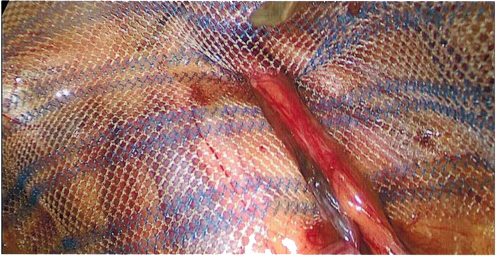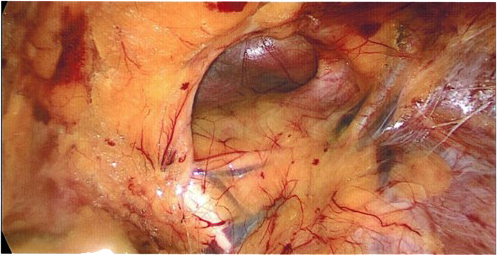Hernia
Charles Tan Surgery is a one-stop facility that provides you with a comprehensive evaluation of abdominal wall hernias.
A/Prof Charles Tan’s Hernia Surgery Expertise
- Performed more than 2000 cases, of which 90% of cases are performed via key-hole.
- Previous president of the Singapore Hernia Society.
- Regularly conducts courses and master classes to share his expertise with fellow colleagues.
- Surgical repaired many failed hernia surgeries.
He has modified a special technique to repair to reduce pain and surgical costs but achieve excellent success.
What is a hernia?
A hernia is the protrusion of an organ (eg. small intestine, colon, bladder, visceral fat ) through a weakness in the abdominal wall.
A hernia occurs when the inner layers of the abdominal wall tear or weaken. This area of weakening enlarges as a result of excessive strain on the abdominal wall from heavy lifting, excessive weight gain, persistent cough or chronic constipation.
Who gets hernias?
Hernias can arise in men and women of all ages.
Types of hernias
- Groin
- Inguinal – more common in men.
- Femoral – more common in women
- Umbilical : belly button
- Incisional: over previous surgery site
How can it affect a person?
If left untreated, your hernia may grow and become more painful. A portion of your intestine could become trapped in the abdominal wall. This can obstruct your bowel and cause severe pain, nausea, bloating or constipation.
In severe cases, the trapped section of your intestines doesn’t get enough blood flow, strangulation occurs. This can cause the intestinal tissue to become infected or die. This will become life-threatening and requires immediate medical care.
Can I leave a hernia alone?
No. A hernia will get larger with time. The only way to stop the hernia getting worse is surgical repair of the defect.
What is the treatment of a hernia?
The hernia can be repaired by conventional surgery or keyhole surgery. The tissue defect is strengthened with a mesh. The Keyhole technique is a minimally invasive procedure which is safe, leaves minimal scarring and causes minimal pain. It can be performed as a day surgery or an overnight stay.
The benefits of a laparoscopic hernia repair include:
- Tiny incisions and better cosmetic effect
- Reduced post-operative pain
- Shorter recovery time
- Earlier return to work





